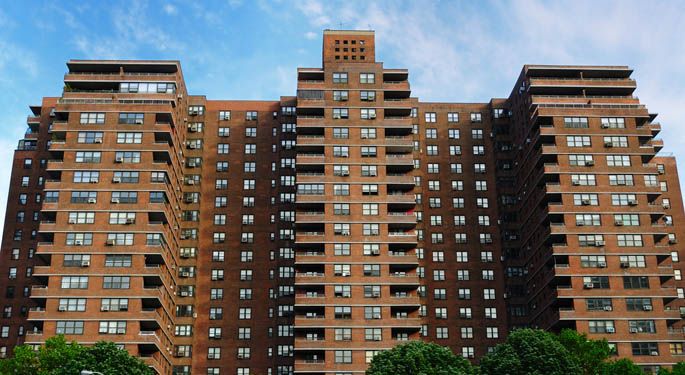The conventional wisdom seems to be that the sequester — the across-the-board budget cuts that were supposed to be such a terrible threat that they would force Congress into a budget compromise — hasn’t been as bad as predicted. For most Americans, the most noticeable effects have been the furloughing of air traffic controllers, which was quickly reversed after a public outcry, and the cutbacks in national park rangers and services. (It’s true that thousands federal workers are being furloughed, but either they are not complaining or the media is not paying attention.)
So, no big deal, maybe the doomsday predictions were just media hype? I would argue that, in fact, the sequester is a very big deal and is having disproportionate impact on the most vulnerable Americans.
Many programs and services that benefit middle-income households were exempted from the budget cuts, which means other discretionary programs have to absorb the rest. The plight of public housing authorities — which serve some of the poorest households in the nation — highlights how the sequester is harming low-income households.
For example, because of budget shortfalls, two of the housing authorities that participate in the Urban Institute’s HOST demonstration announced plans for major cuts in services and programs. In New York, the New York City Housing Authority is facing a $200 million budget shortfall and will be laying off as many as 500 employees, freezing its Section 8 voucher program and closing more than 100 community centers in its developments. Home Forward, the housing authority of Portland, Ore., will be raising rents for tenants, cutting staff salaries and freezing its waiting list for Section 8 vouchers.
These cuts are particularly painful because they come on the heels of years of budget cuts that have already shrunk the supply of vouchers and forced housing authorities across the nation to close their waiting lists. At the same time, the need for affordable housing continues to rise, leaving too many vulnerable families unable to afford adequate housing. Some of these families may fall into homelessness, and their escalating needs could ultimately cost taxpayers far more than providing a housing subsidy.
Policy analysts and the media need to take a clear-eyed look at the true impact of the sequester and urge policymakers to make the fiscally responsible decisions necessary to put our budget on sound footing without balancing it on the backs of the poorest Americans.








